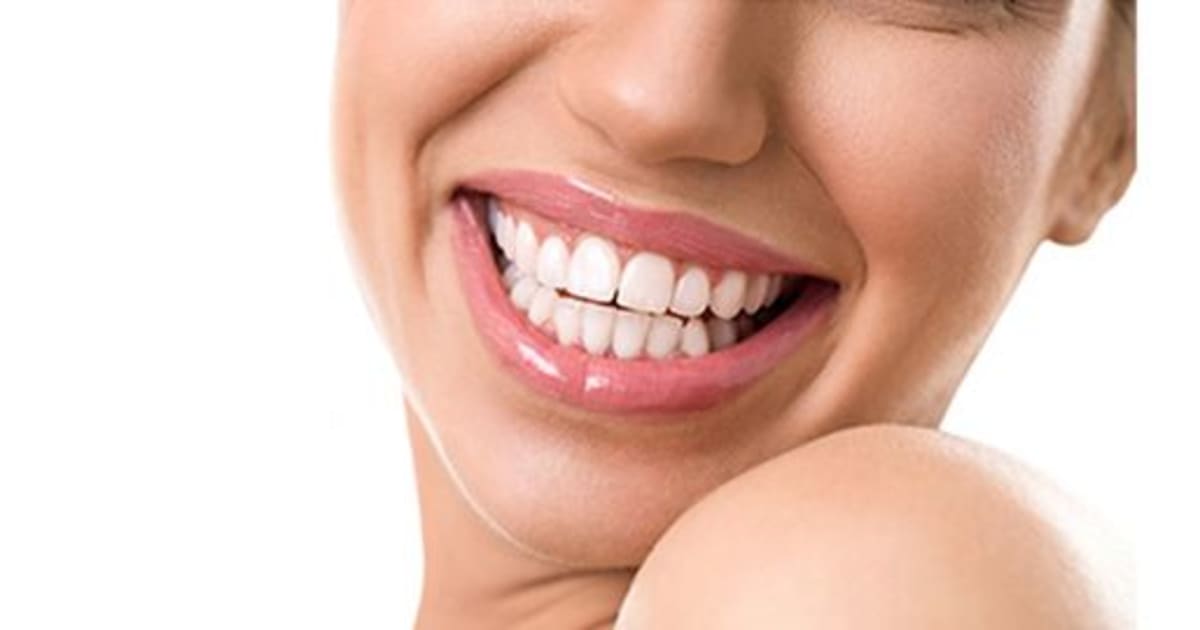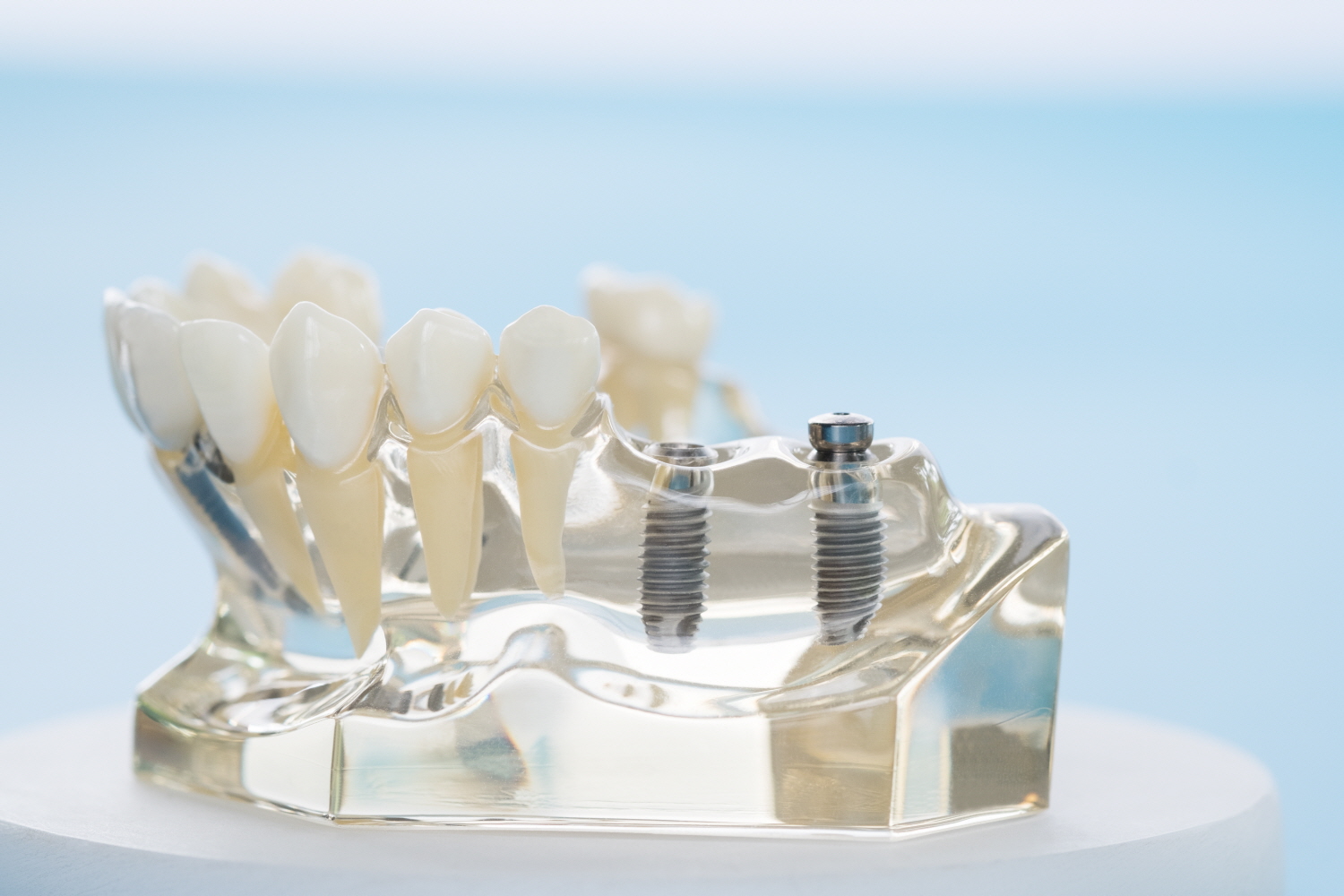Maintaining optimal oral health is essential for overall well-being. While regular dental hygiene practices such as brushing, flossing, and routine check-ups are vital, there is a growing interest in the role of nutritional supplements in supporting dental health. In this blog post, we will explore various dental supplements and their potential benefits in promoting strong teeth, healthy gums, and overall oral hygiene. By understanding the science behind these supplements, you can make informed decisions to complement your dental care routine and potentially improve your oral health.
Calcium and Vitamin D: Calcium and vitamin D are crucial for maintaining strong teeth and bones. Calcium is a key mineral that forms the structural framework of teeth, while vitamin D aids in its absorption. Inadequate levels of these nutrients can increase the risk of tooth decay and weakened enamel. Consuming dairy products, leafy greens, and fortified foods can help ensure sufficient calcium intake, while vitamin D can be obtained from sunlight exposure or dietary supplements. Consult your dentist or healthcare provider to determine the appropriate dosage based on your specific needs.
Vitamin C : Vitamin C plays a crucial role in supporting healthy gums. It aids in collagen synthesis, which is essential for maintaining the integrity of the gum tissues. Research suggests that vitamin C deficiency can lead to gum inflammation (gingivitis) and, if left untreated, may progress to periodontal disease. Including vitamin C-rich foods such as citrus fruits, strawberries, and bell peppers in your diet is beneficial. Additionally, vitamin C supplements can be taken after consulting with your healthcare provider.
Omega-3 Fatty Acids : Omega-3 fatty acids are known for their anti-inflammatory properties and have been linked to improved gum health. Studies indicate that these healthy fats can help reduce gum inflammation and prevent periodontal disease. Sources of omega-3 fatty acids include fatty fish (salmon, mackerel, and sardines), flaxseeds, and walnuts. If you find it challenging to incorporate these foods into your diet, omega-3 supplements derived from fish oil or algae are available. However, it’s essential to consult your healthcare provider before starting any supplementation.
Probiotics : Probiotics are beneficial bacteria that promote a healthy balance of oral microbiota. Certain strains of probiotics, such as Lactobacillus reuteri and Lactobacillus acidophilus, have been found to reduce plaque formation and inhibit the growth of harmful bacteria in the mouth. This can help prevent tooth decay and gum disease. Probiotics can be consumed through fermented foods like yogurt, kefir, and sauerkraut, or in supplement form. As with any dietary change, consult your healthcare provider for personalized recommendations.
While dental supplements can provide additional support for oral health, they should not replace regular dental care practices. Brushing and flossing daily, along with regular dental check-ups, remain the foundation of maintaining a healthy mouth. Nutritional supplements should be used as a complementary approach to promote oral hygiene. It’s crucial to consult with your dentist or healthcare provider before incorporating any new supplements into your routine, as they can provide guidance based on your specific needs. By combining proper dental hygiene with a balanced diet and appropriate supplementation, you can enhance your dental health and enjoy a confident smile.
alldenkor@gmail.com
Seoul / Singapore





